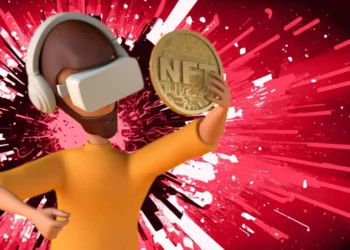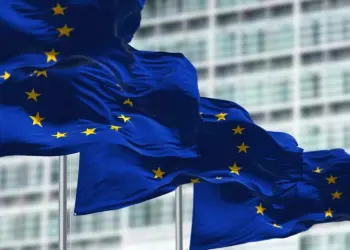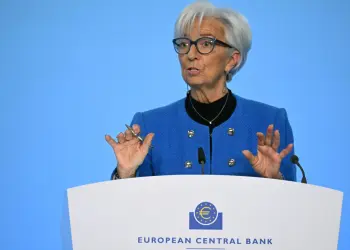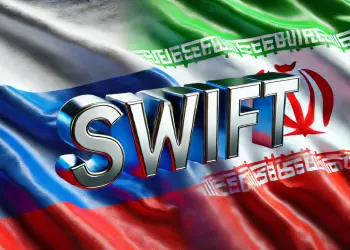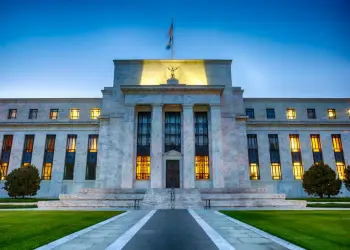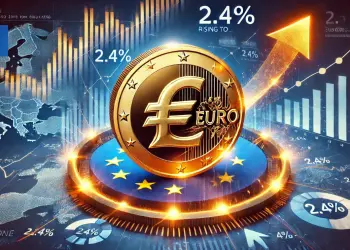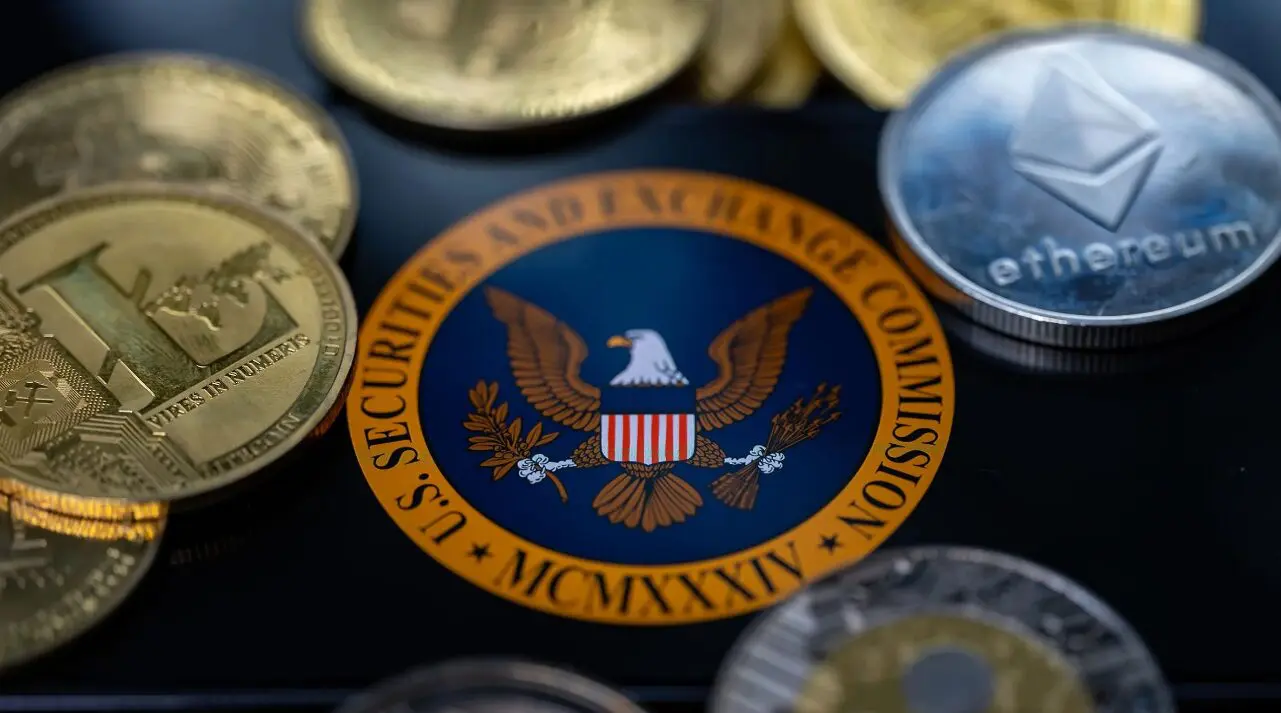Table of Contents
The concept of the metaverse, a virtual reality space where users can interact with each other and with digital assets , has been gaining significant attention in recent years. As this virtual world develops, it begins to intertwine with other industries, including fashion, generating innovative opportunities and experiences.
Fashion has always been a means of self-expression, allowing individuals to showcase their style and personality. In the metaverse, this form of expression is elevated to a new level, where designers and brands have the freedom to experiment and create without the limitations of traditional manufacturing processes.
They can explore bold and unconventional designs, incorporating vibrant colors, intricate patterns, and even gravity-defying elements.
Virtual fashion opens up an endless array of possibilities for creativity and self-expression, offering people the chance to build their virtual wardrobes with items that reflect their personal style.
Fusion of fashion with the metaverse
The union between fashion and the metaverse could revolutionize the way people express their identities in virtual spaces. In the metaverse, users can choose avatars that reflect their personal style, using virtual clothes and accessories that often exceed the limitations of fashion in the physical world.
The digital fashion renaissance enables unprecedented creativity and expanded self-expression. In short, users are offered the ability to customize their virtual characters with exclusive designs that would be impossible or impractical in real life.
Fashion brands are recognizing this shift and collaborating with virtual platforms to create immersive digital experiences. For example, Gucci’s collaboration with online gaming platform Roblox resulted in the creation of a virtual Gucci Garden where users can explore and purchase exclusive digital items.
Likewise, Balenciaga teamed up with the game Fortnite to launch a series of virtual outfits, merging high fashion with popular gaming culture.
Sustainability in the metaverse
The metaverse presents a unique opportunity to promote sustainability in fashion. Traditional fashion production is known for its environmental impact, including high carbon emissions and significant waste generation.
In contrast, virtual fashion eliminates the need for physical materials, manufacturing processes and logistics, significantly reducing your carbon footprint.
Eco-friendly virtual fashion designs are emerging as a testament to this potential. For example, The Fabricant, a digital fashion house, creates purely virtual clothes that exist only digitally, completely eliminating waste.
Initiatives like these highlight how the metaverse can support environmental awareness by providing a platform for sustainable fashion practices that don’t compromise creativity or style.
Well-known brands that have already adopted the technology
Several pioneering fashion brands have already incorporated the metaverse into their marketing strategies and product offerings, leveraging virtual experiences to engage consumers and expand their reach.
Gucci
Known for its cutting-edge approach, Gucci has embraced the metaverse through collaborations with platforms like Roblox and creating digital apparel items that appeal to a young, tech-savvy audience.
Nike
Through the acquisition of RTFKT, a company that creates virtual and collectible sneakers, Nike has positioned itself at the forefront of the virtual fashion revolution. As a result, it offers limited edition digital sneakers that can be used in a variety of virtual environments.
Burberry
The iconic brand has ventured into the metaverse with initiatives such as collaboration with the game Honor of Kings. The aim is to offer exclusive virtual outfits, mixing luxury fashion with interactive entertainment.
Louis Vuitton
Celebrating its 200th anniversary, Louis Vuitton has released a mobile game called “Louis: The Game”. Here, players can collect NFT art pieces, innovatively combining luxury branding with digital gaming experiences.
These brands are not only improving consumer engagement through innovative virtual experiences, but also expanding their market reach to include digitally native consumers who value unique and immersive online interactions.
Legalization and registration of trademarks are still a challenge
As the metaverse evolves, so does the legal landscape surrounding virtual assets. In other words, digital fashion items and virtual real estate require legal frameworks that ensure their protection and appreciation.
Therefore, brand protection becomes essential for virtual brands to safeguard their intellectual property and maintain their brand identity in digital spaces.
Last year, major companies like Walmart and Crocs filed trademark applications indicating plans to offer virtual goods, digital assets and NFTs.
However, the challenges of enforcing intellectual property rights in the metaverse are significant. Unauthorized reproductions of virtual designs and counterfeiting of digital goods are just some of the prevalent issues that brands must address.
Conclusion
The convergence between the metaverse and fashion is an exciting frontier that connects the physical and digital worlds, offering new avenues for creativity, self-expression and commerce. Virtual fashion purchases are becoming more common, with consumers willing to spend significant amounts on digital accessories that enhance their virtual identities.
Social interactions in the metaverse, such as participating in virtual fashion shows or exploring brands’ digital spaces, are also contributing to the popularity of virtual fashion.
Ultimately, as the metaverse continues to expand, the integration of fashion, technology and sustainability will likely shape the future of consumer engagement and market trends.
Brands that embrace these changes and innovate digitally will be well positioned to thrive in this new era of virtual fashion.
- New Battle Over NFT Regulation: OpenSea Urges SEC to Step Back - April 11, 2025
- XRP in the Green Globally – But Korean Traders Are Selling Off - April 10, 2025
- Tron Surge Incoming? Stablecoin Activity on the Network Is Soaring - April 10, 2025



